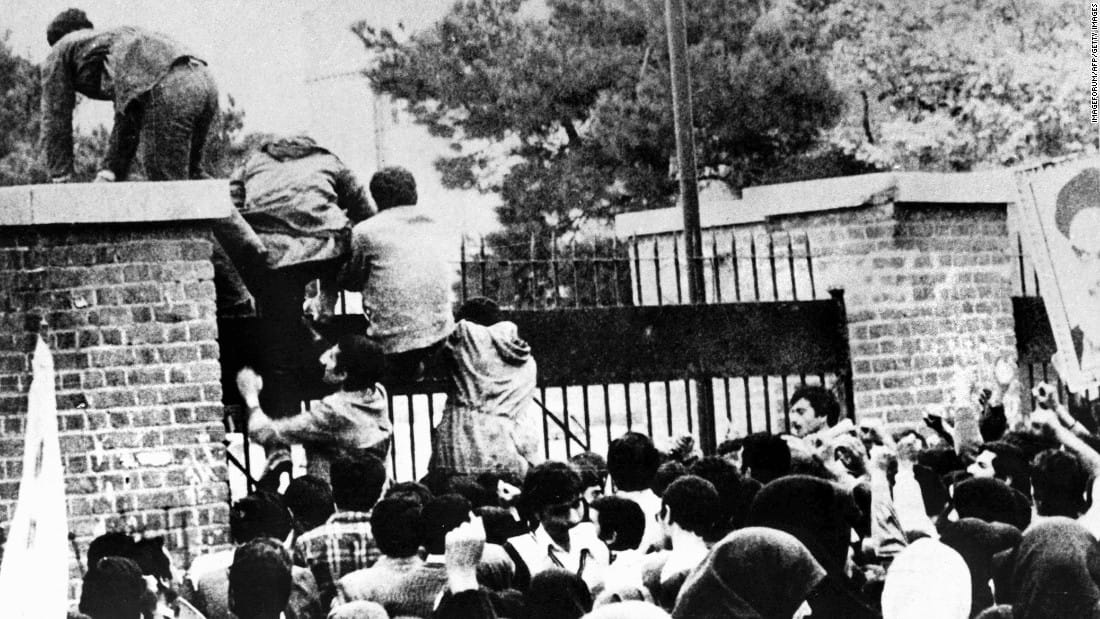The dynamics within the Republican Party have shifted notably in recent months, particularly in light of the growing polarization surrounding former President Donald Trump and his staunch supporters. Recently, a coalition of House Republicans has called for a federal investigation into Liz Cheney, a prominent figure within the party who has emerged as an advocate for accountability and truth in American politics. The inquiry comes amidst Cheney’s vocal disapproval of Trump, whom she has criticized for perpetuating misinformation and undermining democratic processes.
Liz Cheney, who formerly held a leadership position in the House GOP, has found herself increasingly isolated from her party’s mainstream. Her relentless criticism of Trump’s actions, especially in connection with the January 6 Capitol riot and his broader influence on party policies, has put her at odds with many Republicans who view Trump as their primary figure of strength. Through the years, Cheney’s insistence on upholding constitutional values and her commitment to bipartisanship have positioned her as a polarizing figure, earning her both fierce support and resentment amongst her peers.
The federal probe, as requested by certain factions within the House Republican caucus, seems to be an attempt to challenge Cheney’s credibility and political relevance. Supporters of the inquiry argue that it is necessary to investigate allegations related to her conduct and statements made while in office. They suggest that her focus on Trump and her stance on various national issues have potentially detracted from the party’s goals and electoral prospects. This development has raised questions regarding the nature of intra-party dynamics and the lengths to which some members may go to maintain ideological purity and control.
Trump’s reaction to the House GOP’s call for investigation has been notably enthusiastic. He has long viewed Cheney as a formidable opponent, particularly after she voted to impeach him following the Capitol riot and later participated in the House committee investigating the circumstances around that day. Trump’s supporters believe that this inquiry may serve to deter others within the party from taking similar dissenting stances, effectively establishing a precedent that loyalty is the highest virtue in the current political climate.
The investigation, while framed by some as a necessary measure for accountability, raises ethical considerations regarding the use of political power against dissidents within a party. Critics argue that it is a potential violation of democratic principles, as it could be seen as using state resources to target political opponents and stifle free expression. The implications of such actions could reverberate beyond the confines of the party, influencing public discourse and voter perceptions leading into the next election cycle.
Furthermore, the growing divide within the Republican Party highlights a significant ideological struggle. On one side are the Trump loyalists, who advocate for a more populist and confrontational approach to politics, often rejecting established norms and processes. On the other side are traditional conservatives and moderates, represented by figures such as Cheney, who still hold firm to longstanding principles of governance, bipartisanship, and adherence to constitutional frameworks. This internal conflict has been exacerbated by external pressures from various voter demographics and national issues, including the pandemic, economic challenges, and social justice movements.
As the inquiry unfolds, it remains to be seen how it will affect Cheney’s political future and the GOP’s overall strategy. There are indications that it might galvanize further support for Cheney among moderates and independents, who may view the investigation as an overreach. Conversely, it could solidify Trump’s base among hardliners who appreciate efforts to uphold loyalty within party ranks. Additionally, Cheney’s experience could serve as a case study of the broader challenges faced by politicians willing to challenge the prevailing winds of their party—a notion that might resonate with politicians across party lines.
In conclusion, the call for a federal investigation into Liz Cheney encapsulates a broader ideological strife within the Republican Party, illustrating the pressures faced by those who diverge from the party line established by Trump and his supporters. As political narratives continue to evolve leading up to the midterm elections, this event will likely remain at the forefront of conversations regarding party loyalty, accountability, and the fundamental principles that define American democracy.



